| For International Women’s Day this year I'm taking part in the blog tour for the paperback publication of A Secret Sisterhood, an erudite and engaging celebration of literary friendships between Jane Austen and amateur playwright, Anne Sharp; Charlotte Brontë and the feminist Mary Taylor; George Eliot and Harriet Beecher Stowe; Virginia Woolf and Katherine Mansfield. The book is the product of a contemporary literary friendship between the authors who, in addition to writing and teaching, host the website Something Rhymed, profiling a range of additional female writing buddies. | Follow the link for my review (originally posted for the hardback publication in May 2017). |
Welcome
I started this blog in 2013 to share my reflections on reading, writing and psychology, along with my journey to become a published novelist. I soon graduated to about twenty book reviews a month and a weekly 99-word story. Ten years later, I've transferred my writing / publication updates to my new website but will continue here with occasional reviews and flash fiction pieces, and maybe the odd personal post.
|
2 Comments
If it’s irritating for novelists to be told by friends and acquaintances that they too could write a novel if they weren’t so busy doing more important things, then think how it must be for poets. Anyone with even a passing interest in words, or emotions, is likely to have composed a poem at some point, whether inspired by a sense of occasion or adolescent angst. You don’t even need a pen or a keyboard when you can juggle those lines in your head.
In literature, as in life, revolution often entails blood loss and drama. In these reviews we eavesdrop first on an assassination plot at the beginning of the Russian Revolution, while the second features an unexplained domestic death against the backdrop of the French Revolution.
For Valentine’s Day, I’m reviving a post that appeared in October 2015 on the Reading Writers website, which is now defunct.
 We approach the New Year as if we’re trading in the old one for a better model, but it’s not like replacing a car. Or if it is, it’s with the old car rusting in the garage while we’re driving around in the new one, hoping the weather won’t tarnish its shine. Alas, a change of digit won’t cancel out our bad decisions – I’m looking at you Brexit and Trumpeteers – but it can provide the impetus to strive to fail better next time. While I think it’s weird that the traditional time for taking stock and recalibrating our intentions for the future should be now – rather than synchronised with the winter solstice the first day of spring (for those of us in the northern hemisphere) – I am sufficiently obsessional to join in. Every novel is comprised of different parts that writers, readers and reviewers hope will combine into a satisfying whole. My last two reviews of 2016 – before I reveal my favourites of the year – are of novels for which finding that coherence is a particular challenge, but extremely worthwhile if achieved. Both published this summer, neither seems to have attracted many reviews on Goodreads, but I’m impressed with both (albeit one more than the other) so I hope you’ll at least give my reviews a chance.
As Christmas Eve is the traditional time for ghost stories and the Gothic, so today’s the day to share a couple of my recent reads to have you scared to go to bed.
In my years of blogging by the calendar, I’ve been particularly faithful to World Toilet Day on 19 November with its emphasis on the importance of clean and safe sanitation for global health, equality and well-being. My interest in this topic came from travelling in countries where toilet facilities can’t be taken for granted, and discovered that a blog post on the subject could play a small part in raising awareness of the issue. But for this year, I’d already decided to shift my focus away from toilets, or their lack of, in the Global South onto a toiletry provision nearer home, when I discovered that this would enable me to mark another international commemorative day dear to my heart on the following day.
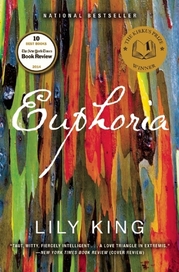 With three high-profile husbands and two serious relationships with female colleagues, the life of the anthropologist, Margaret Mead, seems to have been as original as her research endeavours. While criticised as both a woman in a man’s world and a populariser of social science, as well as her findings on the sexual freedoms of Samoan society being subject to challenge, she remains – according to my totally unscientific survey of one – the best-known anthropologist of all time. In Euphoria, Lily King brings her vividly to life in this fictionalised account of a woman with a very similar history to Mead’s during a period of fieldwork along New Guinea’s Sepik river in 1933. Nell and her husband Fen – malarial, injured and dejected after five months with the dreadful Mumbanyo tribe, she in particular despairing at their neglect and mistreatment of babies – are about to return to Australia when Bankson, another anthropologist based on Mead’s third husband, Gregory Bateson, familiar to me through the double-blind theory, persuades them to reconsider. |
entertaining fiction about identity, mental health and social justice
Annecdotal is where real life brushes up against the fictional.
Annecdotist is the blogging persona of Anne Goodwin:
reader, writer, slug-slayer, tramper of moors, recovering psychologist, struggling soprano, author of three fiction books. LATEST POSTS HERE
I don't post to a schedule, but average around ten reviews a month (see here for an alphabetical list), some linked to a weekly flash fiction, plus posts on my WIPs and published books. Your comments are welcome any time any where. Get new posts direct to your inbox ...
or click here …
Popular posts
Categories/Tags
All
Archives
March 2024
BLOGGING COMMUNITIES
|
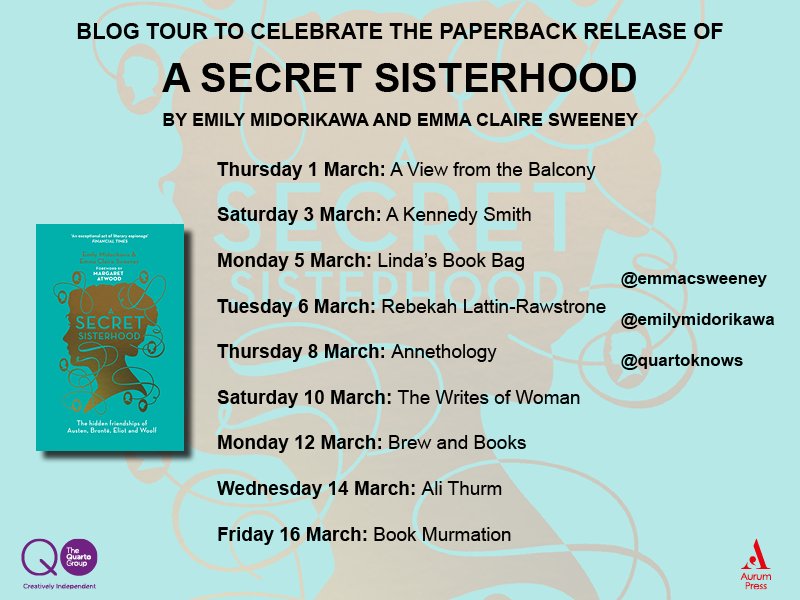
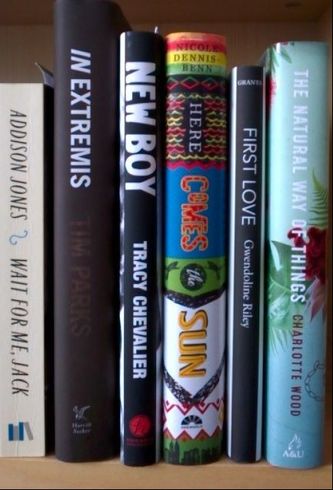

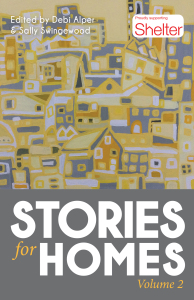

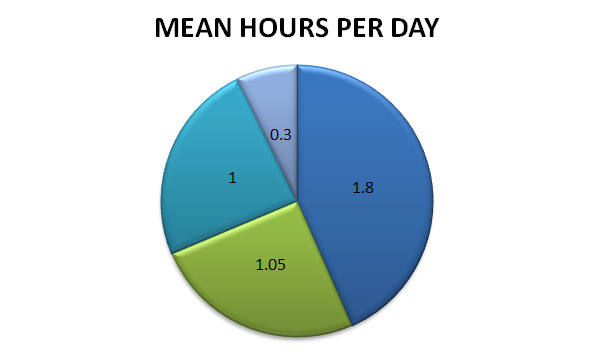
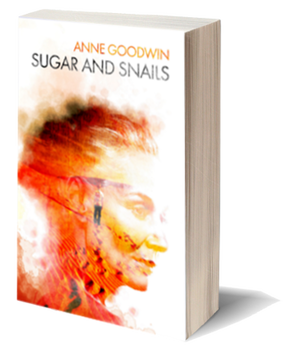
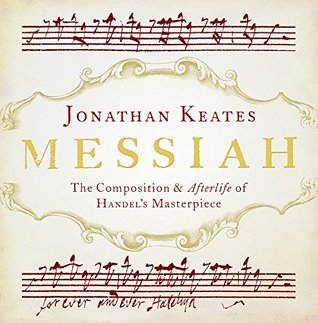
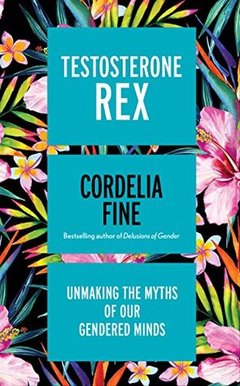
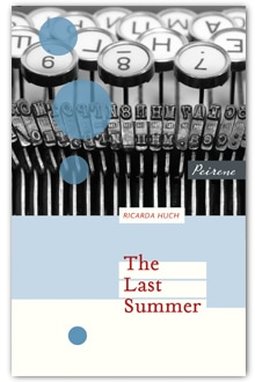
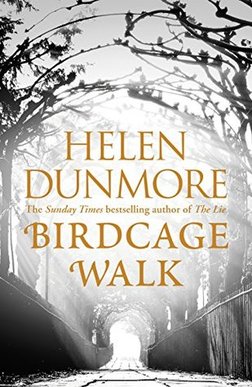
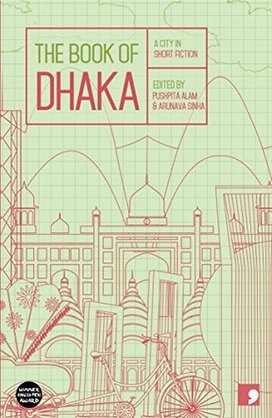

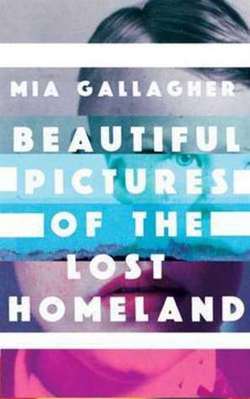
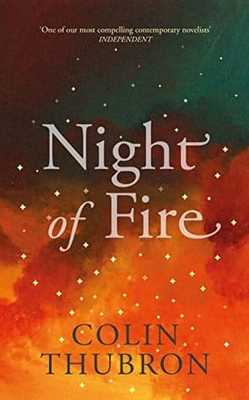
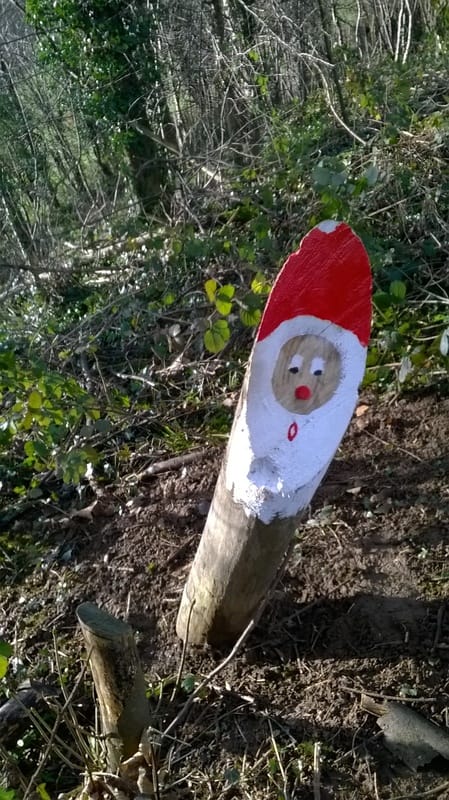
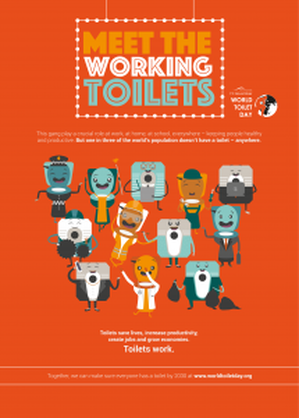
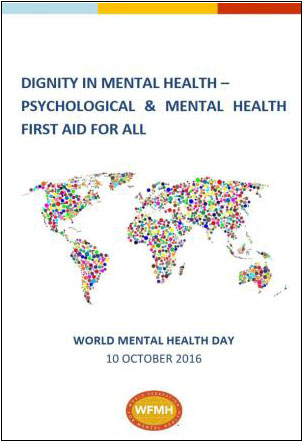
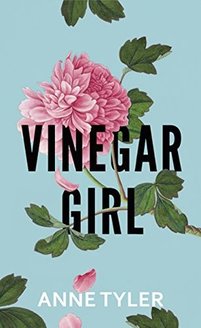
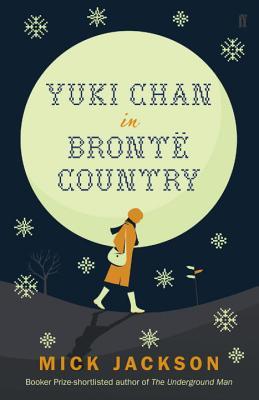
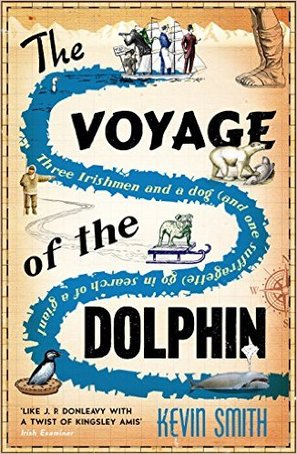
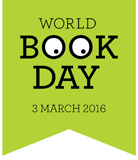

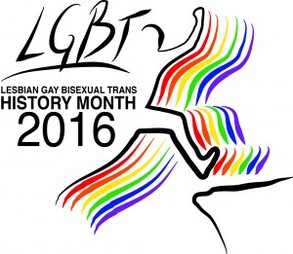
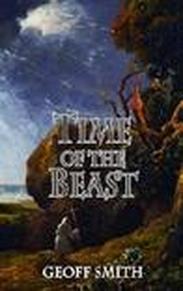

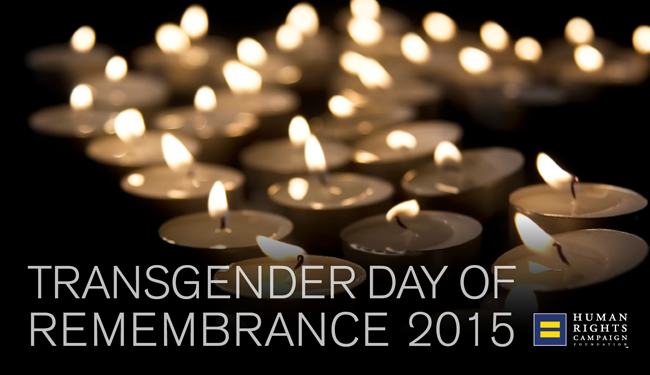





















 RSS Feed
RSS Feed





















